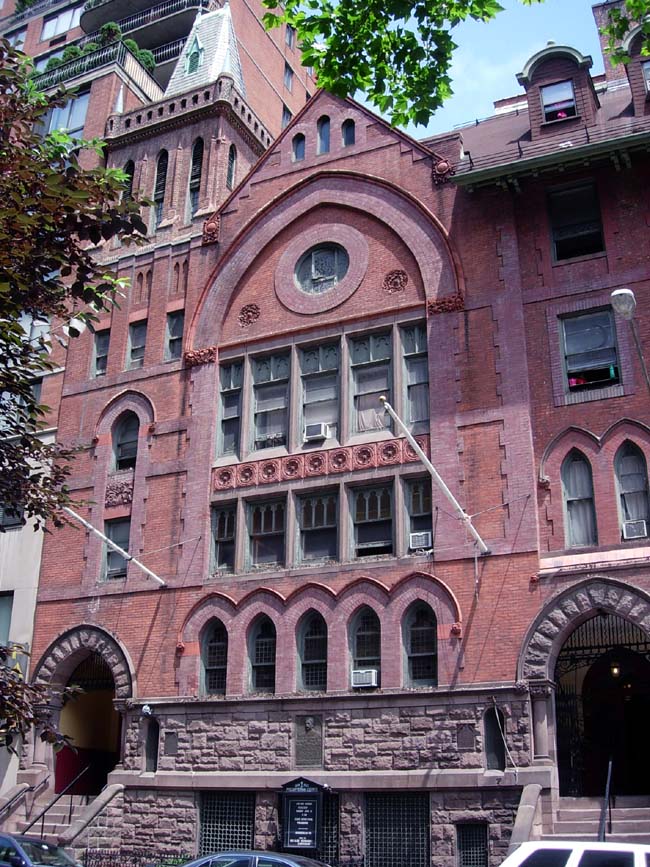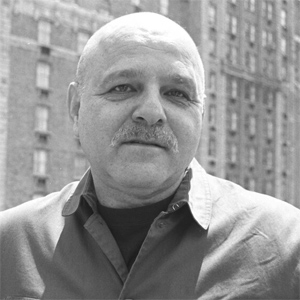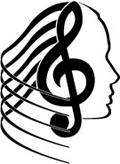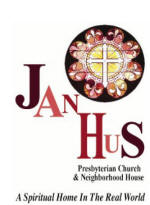 |
![[ Composer's Voice ]](http://www.voxnovus.com/img/Composers_Voice_Collaboration_Logo.png) |
| September 30, 2007 | |
| Jan Hus Church 351 East 74th Street New York, New York 10021 |
| Vox Novus joins with Remarkable Theater Brigade and Jan hus Church to present Composer's Voice, a monthly concert series championing the work of living composers. | |
| Title | Composer | Performer |
| The Whole World Is Our Oracle | Jerome Covington | Jerome Covington - Laptop Brian Boyle - Laptop |
| Atmosphere and Environment V | Huang Ruo | Linda Wehterill - flute |
| 1000 Slaves | Jordan McLean | Derin Oge & Ipek Eginkioglu - piano Patrick Petty - cello Matthew Abramo - contrabass Jordan McLean - conductor |
| Vier Leider | Noah Creshevsky | Gretchen Mundinger - soprano Noby Ishida - piano |
| Performers | |
| Matthew Abramo - contrabass | |
| Brian Boyle - Laptop | |
| Jerome Covington - Laptop | |
| Ipek Eginkioglu - piano | |
| Patrick Petty - cello | |
| Derin Oge - piano | |
| Linda Wetherill | |
| Composers | |
| Jerome Covington | |
 |
Trained in composition by Nadia Boulanger in Paris and Luciano Berio at the Juilliard School, Noah Creshevsky has lived and worked in New York since 1966. He taught at Brooklyn College of the City University of New York for thirty-one years, serving as Director of the Brooklyn College Center for Computer Music (BC-CCM) from 1994 to 1999. He also served on the faculties of Juilliard and Hunter College, and has been a visiting professor at Princeton University. Creshevsky has been composing electronic music since 1971. Much of his musical vocabulary consists of familiar bits of words, songs and instrumental sounds that he edits but seldom subjects to electronic processing. By obscuring the boundaries of real and imaginary ensembles though the fusion of opposites—music and noise, comprehensible and incomprehensible vocal sources, human and superhuman vocal and instrumental capacities—Creshevsky’s music sounds both Western and non-Western, ancient and modern, familiar and unfamiliar. This alliance of opposites is heard both in his text-sound compositions (1973-1986)—Pop Art works in which extreme and unpredictable juxtapositions of iconographic sonic materials establish links between music and society and in later pieces, in which the integration of electronic and acoustic sources and processes “creates virtual ‘superperformers’ by using the sounds of traditional instruments pushed past the capacities of human performance.” Creshevsky’s most recent compositions are examples of "hyperrealism," a term he uses to describe an electroacoustic language constructed from sounds found in our shared environment that he handles in ways that are exaggerated or intense. A collection of Creshevsky's scores and sound recordings is held at the music library at Northwestern University. |
| Huang Ruo | |
| Jordan McLean | |
| Brought to you by | ||||
 |
 |
 |
||
| Home | ||||||||||||
| Calendar | ||||||||||||
| History | ||||||||||||
| Opportunities | ||||||||||||
| Vox Novus | ||||||||||||
| Site Map | ||||||||||||
| Contact | ||||||||||||
| Hosted by Malted/Media and Kalvos & Damian's New Music Bazaar | ||||||||||||
![[ Composer's Voice ]](http://www.voxnovus.com/img/Composers_Voice_Collaboration_Logo.png) | ||||||||||||